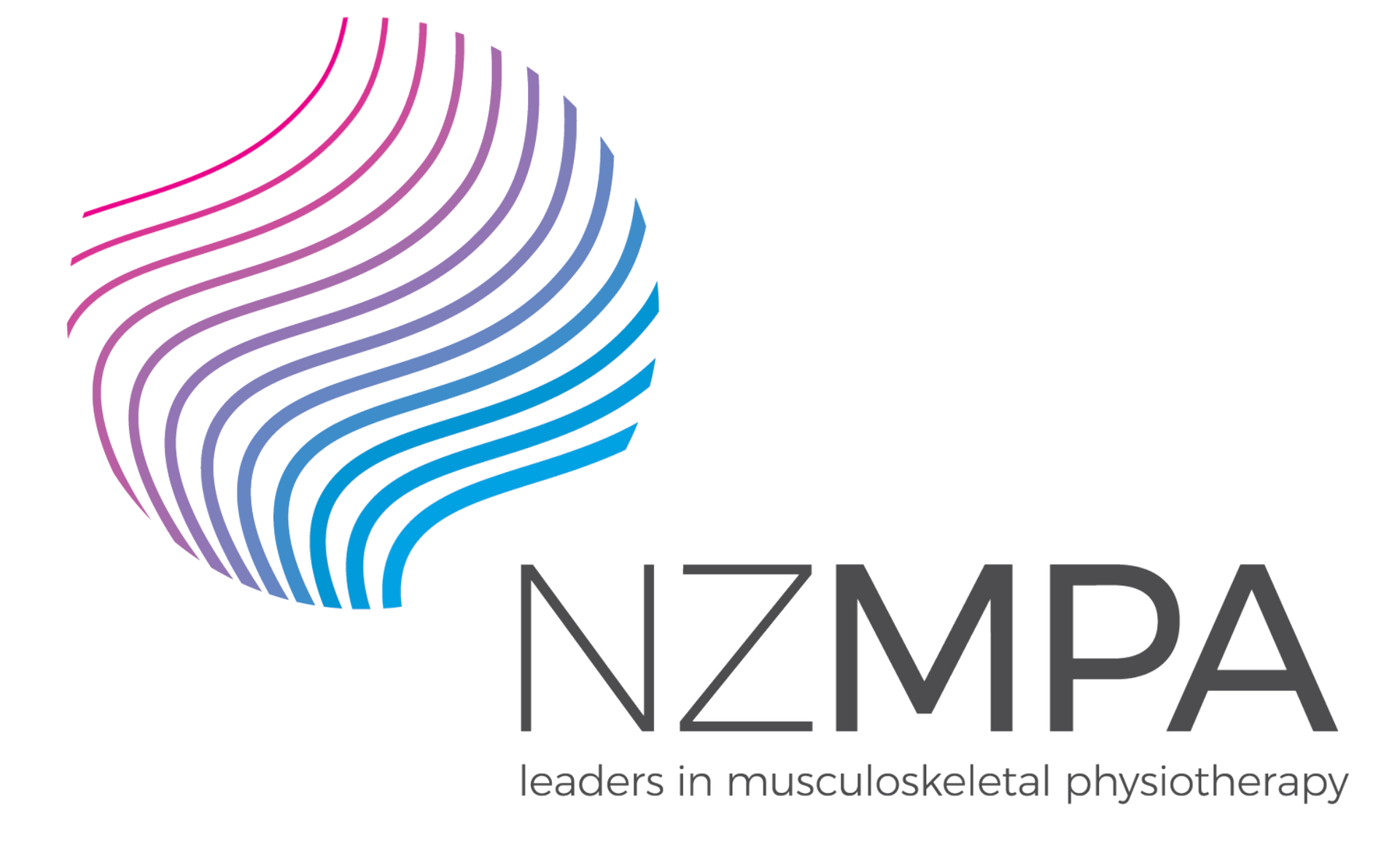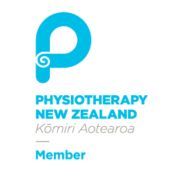Call Us Today! 0800 432-563
When Should I See a Physiotherapist?
If you have any ache, pain or symptom, we can assess it, diagnose it, and provide you with options for managing it or investigating it further. There are several musculoskeletal issues unique to various age groups and genders. Following an injury or the development of an ache or pain, you want yourself or your child to have the best possible intervention to ensure that the condition is managed to the highest professional standard. The last thing you want is an annoying niggle or pain. For whatever reason, you have not managed to get to your local doctor or are tired of going to see someone and coming away without answers – regardless of the reason, it remains that to achieve the very best result following an injury or musculoskeletal problem, you need the right support, resources and information.
At KCP, we specialise in rehabilitation and sports physiotherapy, providing excellent assessment, planning and management options to assist you in leading a healthy and active lifestyle. If you identify or are struggling with any of the common issues or are displaying any of the symptoms listed below, ring and make an appointment ASAP.
General Symptoms
- Clicking
- Locking
- Giving way
- Catching
- Grinding
- Crunching
- Cracking
- Swelling
- Weakness
- Sharp pain
- Post-exercise aching
- Stiffness
- Tingling
- Numbness
- Heaviness
- Neck related:
- Vertigo (dizziness)
- Diplopia (double vision)
- Drop attacks
- Dysphagia (difficulty swallowing)
- Dysarthria (difficulty with speech)
- Nystagmus (funny eye movements)
- Numbness in tongue
- Referred pain/symptoms:
- Neck to shoulder, elbow or hand
- Lower back to buttock, hamstring, calf, side of lower leg, foot.
- Numbness in the groin, dysfunction of bladder control, etc
Sports Related Symptoms
- Injury – any pivot, twist, roll, lift, wrench
- Ankle sprain – medial or lateral ligament structures (inside or outside)
- Achilles tendinopathy – any Achilles discomfort or tightness
- Tibialis posterior dysfunction
- Calf injuries
- Shin splints – compartment syndrome
- Hamstring injuries
- Knee injury – meniscal, cruciate, collateral
- Patella tendon injury
- Quadricep injury
- Hip flexor injury
- Groin pain
- Gluteal pain
- Lumbar spine pain
- Thoracic pain
- Rib injury
- Neck pain
- Headaches
- Upper trapezius pain
- Shoulder injury – rotator cuff, bursitis, tendinopathy, calcific tendinopathy
- Elbow injuries – tennis and golf elbow, common extensor tendinopathy
- Wrist and hand injuries
- Haematomas
- Nerve injury
- Muscle weakness
- Biomechanical dysfunction
KCP Physiotherapy Preventative Care Initiatives
At KCP Physiotherapy, we collaborate directly with educational institutions, sports teams, and other entities to develop tailored preventative physiotherapy solutions.
Empowering Through Education
Our education programs teach people essential knowledge about proper warm-up and cool-down techniques, injury prevention strategies, and effective self-care practices.
Optimising Performance
We offer expert guidance on maximising performance potential through insights into biomechanics, nutrition, and strategic recovery methods.
Seamless Collaboration with Coaching Staff
We maintain open lines of communication with the coaching staff (with your permission) to seamlessly integrate physiotherapy into training plans and adjust activities as necessary to promote optimal athlete health and performance.
Continuous Performance Evaluation
Through comprehensive assessments, we provide valuable feedback on athletes' physical condition and recommend necessary adjustments to training loads to ensure sustained progress and injury prevention.
Sports & General Physiotherapy Enquiries
Kapiti Coast
Ph: 04 297 0114 or 0800 432 563
Mob : 021 415 908
Paraparaumu Address: 10 Brett Ambler Way, Paraparaumu 5032
Paraparaumu: kapiti@kcpphysio.co.nz
Business Hours:
Monday 6:00am - 5:20pm
Tuesday 6:00am - 6:20pm
Wednesday 6:00am - 5:00pm
Thursday 6:00am - 7:20pm
Friday 6:00am - 3:00pm
Closed Sat/Sun and Public Holidays
Levin
Ph : 06 368 8280 or 0800 432 563
Mob : 021 668 703
Levin: 114 Bath Street, Levin 5510
Levin: levin@kcpphysio.co.nz
Business Hours:
Monday 8:00am - 5:20pm
Tuesday 8:00am - 5:20pm
Wednesday 8:00am - 5:20pm
Thursday 8:00am - 5:20pm
Friday 8:00am - 1:20pm
Closed Sat/Sun and Public Holidays




